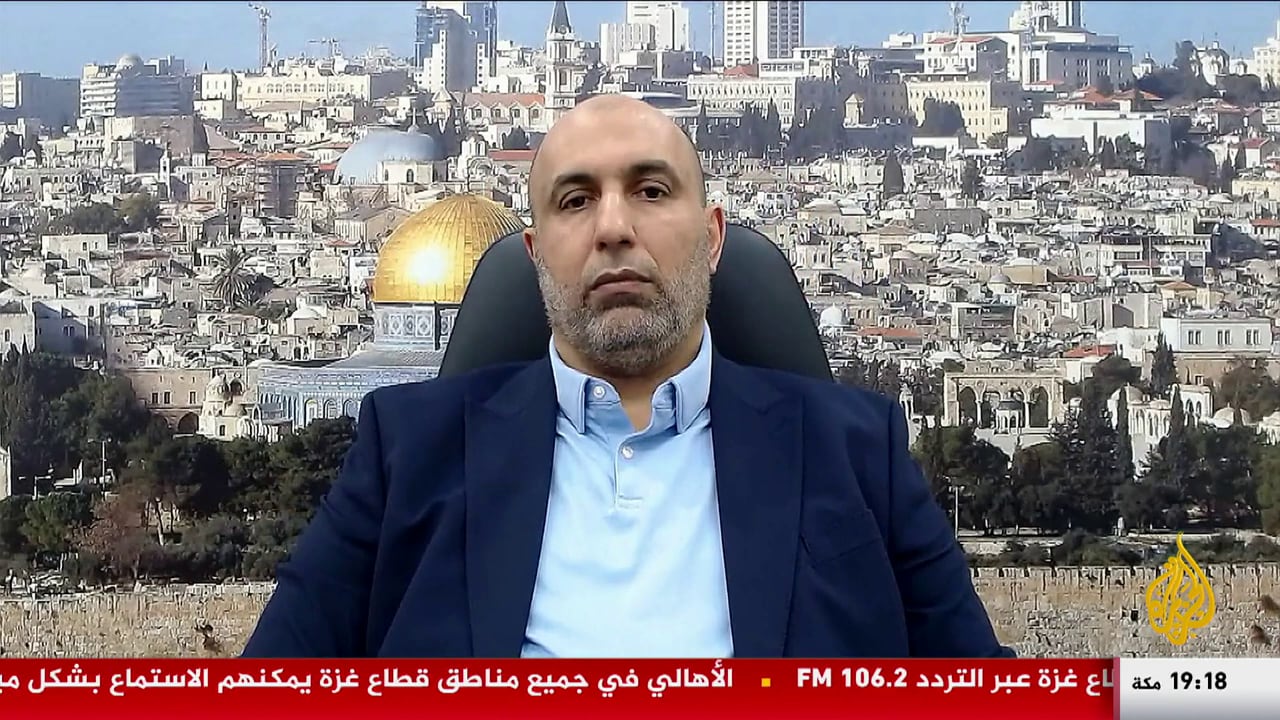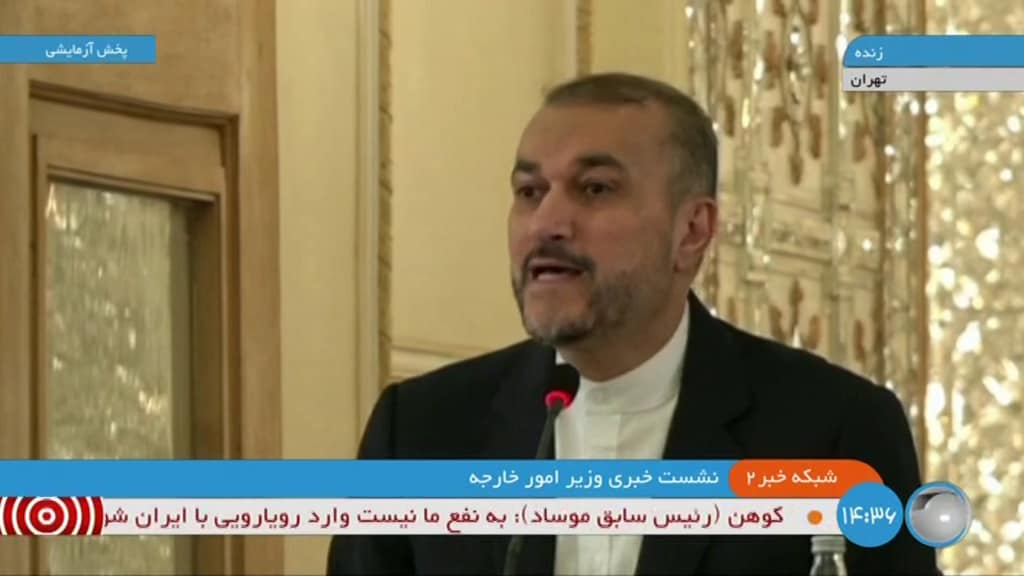
Admiral Ali Shamkhani, Secretary of the Supreme National Security Council of Iran, said that while the U.S. engaged in a "policy of hostility" toward Iran, before the nuclear agreement, after it was signed, and after pulling out of it, "we in Iran will not change our policy - especially our regional policy - unless the interests of the peoples of this region are secured, especially in Iraq, Syria, and elsewhere." Speaking in an Al-Jazeera interview on May 26, Shamkhani said that the Iran presence in the Gulf area "scares the American naval forces." He added that it is Iran's "unwavering policy in the Persian Gulf to respond to any violation and said that "we are ready to confront anyone who wishes to attack us - be it America or any other country."
Following is a transcript:
Ali Shamkhani: What America calls its “new strategy” is, in fact, neither new nor a strategy. It is more like riotous bullying, which they employ to impose their baseless conditions. This is exactly what we, in Iran, reject. In the forty years that have passed since the victory of the Islamic revolution, we have proven that we do not surrender to such riotous behavior. Trump’s America has pulled out of the nuclear agreement because the agreement failed to make us surrender. This is what Obama wanted. He stated loud and clear that he would get what the United States wanted from Iran, without firing a single bullet.
[…]
Most analyses by the U.S. administration have led to the conclusion that the only way to deny Iran its nuclear rights is either through war or through sanctions. With regard to the option of war – Iran has extensive experience, gained in the war imposed upon it by Iraq. True, the [Americans] are capable of starting a war, but they will not be the ones to decide how it will end. In addition, a war cannot destroy the Iranian nuclear expertise, which is by now completely local. A war that will lead to the use of non-conventional weapons is something that we, naturally, do not want.
As for sanctions – they are ineffective. They did not achieve anything in the past, and they will not make us give up peaceful nuclear technology now. It was clear to all that our peaceful nuclear technology developed considerably, on quantity and in quality, after the sanctions were imposed. This technology has grown better than it was before the sanctions. Hence, war is not a solution, and neither are sanctions.
[…]
We will continue to help the Syrian government, and to support it now and in the future. We shall defend our presence there against any attack.
[…]
We have no reason whatsoever to engage in new negotiations with the United States, which violates all agreements. It ripped up and destroyed the nuclear agreement. Is this a country which can be trusted, and with which we can engage in new negotiations on any topic?
With regard to our missile capabilities, they are subject to our defense needs only. Therefore, our missile program is not up for negotiation. It is a program for defense, not offense, purposes, and does not pose a danger to anyone.
[…]
Israel must refrain from targeting our forces [in Syria].
Host: What if Israel targets Iran in Syria? Will there be retaliation?
Ali Shamkhani: This is a fixed equation that will not change. Syria and its allies will not let the blood of their martyrs be spilled in vain. Israel knows this full well.
[…]
America has not changed its policy towards Iran – not before the agreement, not after the agreement, and not now, after pulling out of the agreement. It is a policy of hostility towards us. We in Iran will not change our policy – especially our regional policy – unless the interests of the peoples of this region are secured, especially in Iraq, Syria, and elsewhere. Therefore, we will not change anything in our policy.
[…]
Host: America is saying that it is monitoring Iranian movements in the Gulf waters. We know that these waters and the Gulf area are sensitive to Iran, to the world, and even to the Gulf States, in terms of economy and security, as well as international navigation. Will this U.S. monitoring lead to a new Iranian policy in the Gulf waters? Or does Iran relate to the Gulf waters depending on who the president is? When Obama was in the White House, we saw Iran detaining a group of U.S. Navy servicemen, whereas today, some in the United States say that Iran has changed its policy in the Gulf waters, and does not dare to do that.
Ali Shamkhani: [Laughs]
Let me tell you something. When the Americans enter the Persian Gulf, coming from the Sea of Oman, they say to one another on the wireless that they have now entered the scary area. Iran’s presence in the Persian Gulf is authentic and natural. This is why this presence scares the American naval forces. We are there to defend our territorial waters, and we are not looking to provoke anything else. We did not do this in the past, and we are not doing it now. But we are ready to confront anyone who wishes to attack us – be it America or any other country. It is our unwavering policy in the Persian Gulf to respond to any violation, and to people who do not abide by the international laws. So why do the Americans fear our presence in the Persian Gulf? I do not know the answer to that.
[…]













